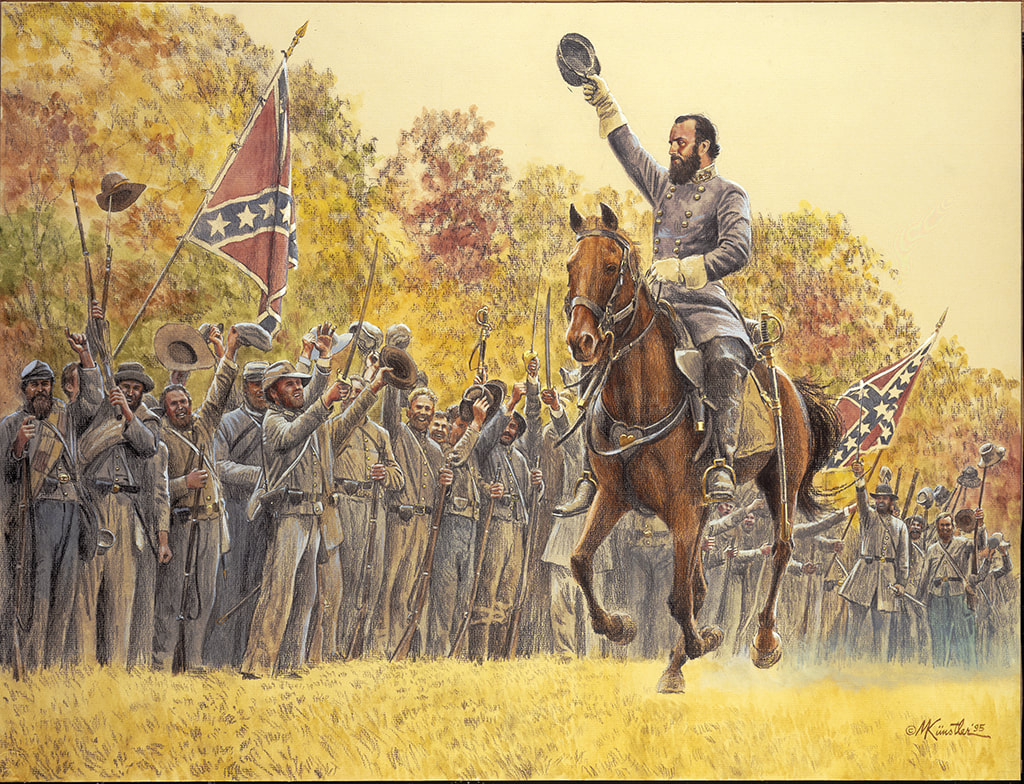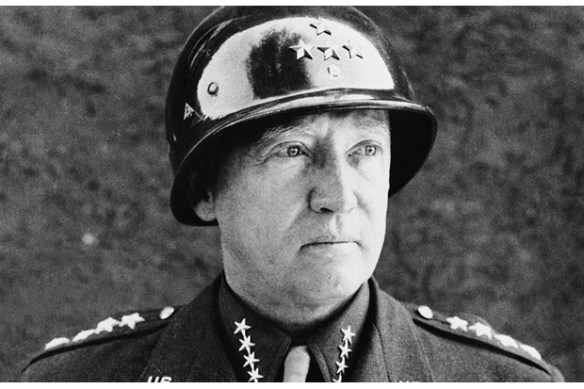Impulsive Behavior
The second hazardous attitude in aviation, after “Anti-Authority”, is “Impulsivity”… the attitude of people who frequently feel the need to do something—anything—immediately. When you are impulsive, you do not stop to think about what you are about to do; do not select the best alternative, and do the first thing that comes to mind, even if it is wrong. In From Woodstock To Eternity, Dustin Morgan showed a lot of impulsive behavior in his decision to fly pot, at night, at low altitudes, etc. We’ll look into why later in this article.
Impulsivity vs. Caution
In military history, there has always been a contrast between generals who have been impulsive or cautious. In World War II, British general Montgomery was frequently criticized for always preparing, but too hesitant to go into battle. The American general Patton, however, was constantly engaging the enemy, moving forward beyond the supply lines. In the Civil War, the Union general McClellan was accused of the same overabundance of caution, thinking he was outnumbered when he wasn’t. Confederate general Jackson was quite the opposite, striking suddenly with overwhelming odds against him.
Plan B
What does all this have to do with Aviation? Pilots often find themselves in situations where they feel compelled to act first and think later without a Plan B. This violates all safety considerations, and everyone should have a Plan B for everything. As part of normal pre-flight planning, pilots are trained to exercise NWKRAFT, which stands for Notices to Airmen, Weather conditions, Known ATC Delays, Runway Lengths and conditions, Alternates Available, Fuel Requirements and Takeoff and Landing Distances. So, why would any pilot ignore their planning and go ahead anyway?
External Pressure
The recent NTSB report on the Kobe Bryant crash is a prime example of external pressure. The helicopter pilot flew into marginal conditions to get his client to his destination, experienced spatial disorientation and crashed. External pressures are the nemesis of common sense. They are the influences that create a sense of pressure to complete a flight—often at the expense of safety.
External pressures can include the following:
• Someone waiting at the airport for the flight’s arrival.
• A passenger the pilot does not want to disappoint.
• The desire to impress someone. (Probably the two most dangerous words in aviation are “Watch this!”)
• The desire to satisfy a specific personal goal (“get-there-itis,”)
I Don’t Want to Hear It!
External pressure is the one risk factor category that can cause a pilot to ignore all the other risk factors. This is a warning to all of us. Whenever there is some irresistible motivation to “damn the torpedoes,” we ignore other voices shouting in our heads with facts and warnings, and we say, “I don’t want to hear it!” These are our inconvenient truths that would require us to not jump into what we are determined to do. We exchange that for the reassuring lie that we can pull it off and say, “I told you so.”
No Guts – No Glory
Why did Dustin Morgan fly his pot? To see what was on the other side. What did it require? Guts. No Guts – No Glory, and glory was the prize. Like the pioneers of old, he wanted to jump into the unknown, experience the adventure, and prove to himself he could do it. However, he was not impulsive. Like the pioneers, he prepared and weighed the costs and always had a Plan B. Was it a noble cause? Not really. Did his risks catch up with him? You’ll have to read the sequel, The Steel Wall to find out.
Therefore, there is a distinction between Impulsivity and Daring Ambition. The former is mindless, the latter is a mixture of planning, fortitude and courage.
Do you have guts? This is the difference between those who stay where they are and those who go after their dreams. If you don’t have a dream, get one. If you do have a dream, get up and make it happen. Don’t be impulsive… take care of your business, but plan for it, work for it and go for it!
The next Hazardous Attitude is Invulnerability – “It won’t happen to me.”






